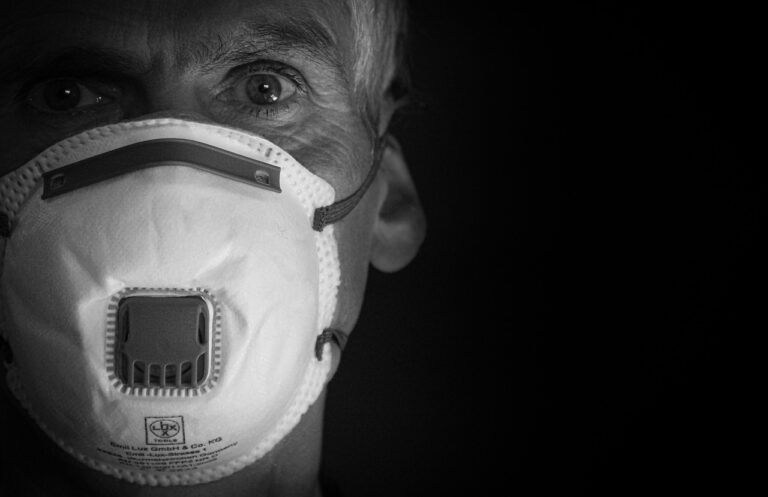Pulmonary Manifestations of Genitourinary Disorders: Recognition and Management: Betbook250, 11xplay.pro/login, Yolo247 login
betbook250, 11xplay.pro/login, yolo247 login: Pulmonary Manifestations of Genitourinary Disorders: Recognition and Management
As a healthcare professional, it is essential to recognize that patients presenting with pulmonary symptoms may actually have an underlying genitourinary disorder. While this association may not be immediately apparent, understanding the potential connection can aid in prompt diagnosis and treatment.
Genitourinary disorders encompass a wide range of conditions affecting the kidneys, bladder, ureters, and genitals. These disorders can have both direct and indirect effects on the lungs, leading to a variety of pulmonary manifestations. Recognizing these manifestations is crucial for providing comprehensive care to patients with genitourinary disorders.
In this article, we will explore the pulmonary manifestations of genitourinary disorders and discuss strategies for their recognition and management.
Bladder Cancer and Pulmonary Symptoms
Bladder cancer is a relatively common genitourinary malignancy that can present with a variety of pulmonary symptoms. Hematuria, or blood in the urine, is a classic sign of bladder cancer. However, patients may also experience non-specific respiratory symptoms such as cough, chest pain, and dyspnea.
In cases where bladder cancer metastasizes to the lungs, patients may present with pulmonary nodules, pleural effusions, or even frank pulmonary metastases. Imaging studies such as chest X-rays and CT scans can help identify these lung abnormalities and guide further management.
Management of pulmonary symptoms in patients with bladder cancer typically involves a multidisciplinary approach, including collaboration between urologists, oncologists, and pulmonologists. Treatment may consist of surgical resection, chemotherapy, radiation therapy, or a combination of these modalities.
Kidney Disease and Pulmonary Complications
Chronic kidney disease (CKD) is another genitourinary disorder that can have significant pulmonary manifestations. Patients with CKD are at increased risk for developing pulmonary edema, pleural effusions, and even acute respiratory distress syndrome (ARDS).
The development of pulmonary complications in CKD is often linked to fluid overload, electrolyte imbalances, and uremic toxins. Diuretics, dialysis, and strict fluid management may be necessary to alleviate these pulmonary symptoms and improve patient outcomes.
Primary Care physicians are encouraged to maintain a high index of suspicion for pulmonary complications in patients with CKD, particularly those with uncontrolled hypertension, volume overload, or electrolyte disturbances. Prompt referral to a nephrologist or pulmonologist may be warranted for further evaluation and management.
FAQs
Q: Can genitourinary disorders cause pulmonary embolism?
A: While genitourinary disorders themselves do not typically cause pulmonary embolism, certain risk factors associated with these disorders, such as immobility or hypercoagulability, can increase the risk of developing a pulmonary embolism.
Q: How common are pulmonary manifestations in genitourinary disorders?
A: The prevalence of pulmonary manifestations in genitourinary disorders varies depending on the specific condition and its severity. Nevertheless, healthcare providers should remain vigilant for potential pulmonary complications in patients with genitourinary disorders.
In conclusion, the recognition and management of pulmonary manifestations in patients with genitourinary disorders are paramount for providing optimal care. By understanding the potential connections between these seemingly disparate organ systems, healthcare providers can improve patient outcomes and enhance the quality of care delivered.







